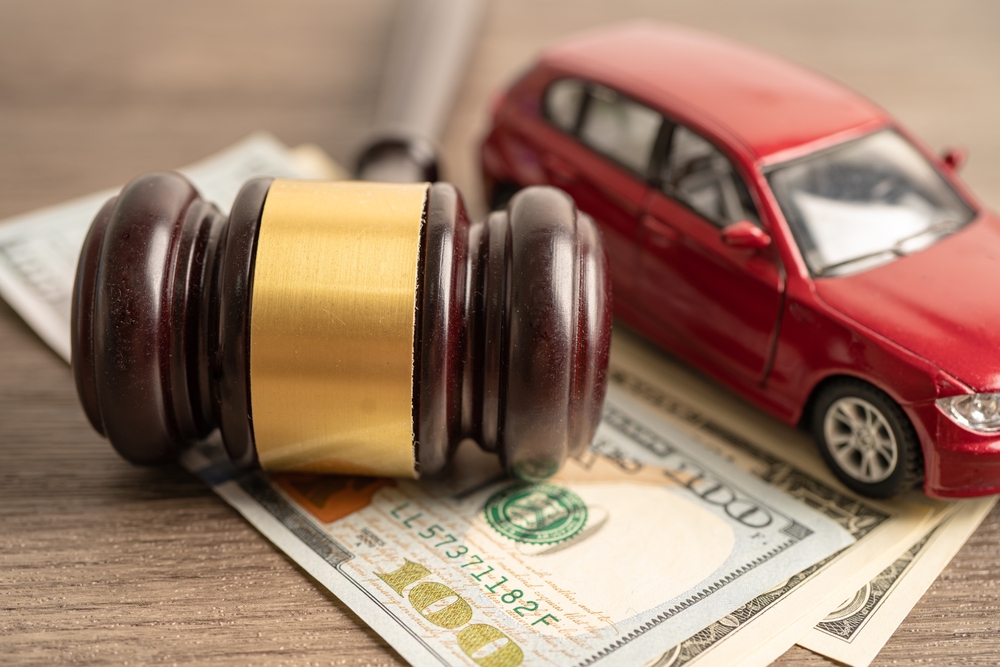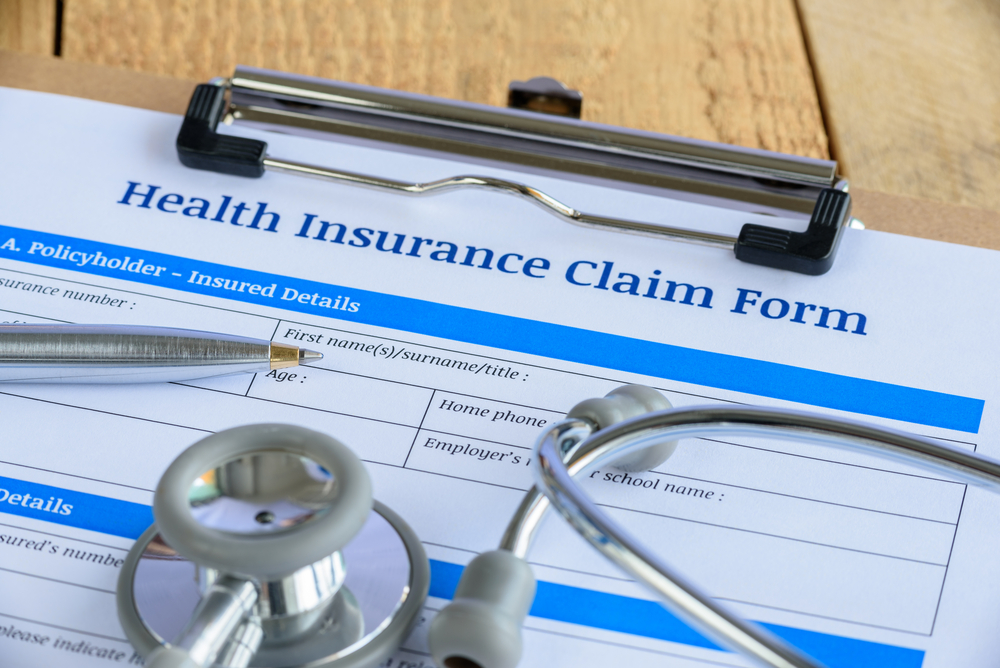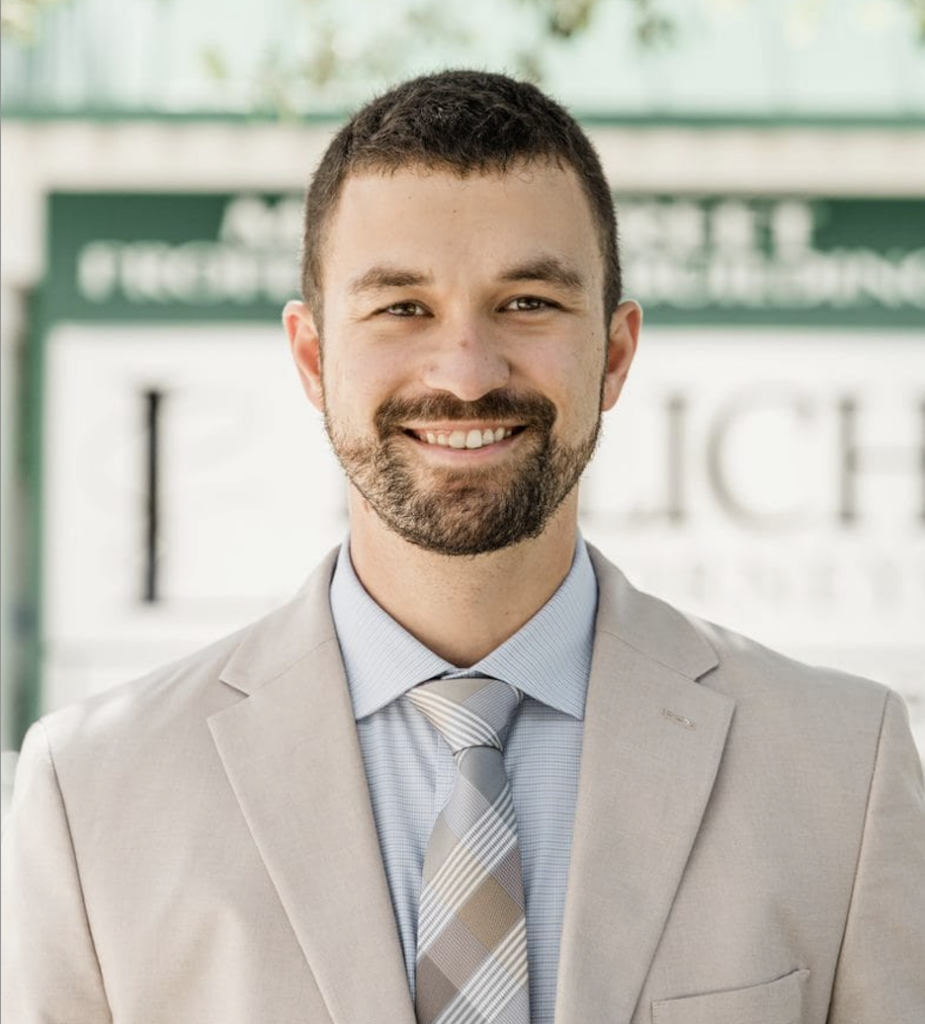A motor vehicle accident is typically a jarring and overwhelming experience. The shock intensifies if you discover that the driver responsible for the collision does not have the mandatory auto insurance coverage, adding a layer of uneasiness and frustration to an already challenging situation.
The realization that the other driver neglected this legal obligation can evoke anger, as their decision directly affects your well-being and finances.
The implications of an uninsured driver extend beyond the immediate emotional response. Questions about covering medical expenses and repairing vehicle damage loom large, compounding the stress associated with the accident. The uncertainty of how to address these pressing concerns can be paralyzing.
In such an uncertain scenario, seeking the guidance of an experienced Vero Beach car accident attorney becomes crucial. Connecting with a legal professional experienced in handling these situations can be a game-changer.
Your attorney serves as a knowledgeable guide, explaining the options available to you and assisting you in navigating the complexities of dealing with an uninsured driver.
Your lawyer's primary goal is to empower you to make informed decisions that maximize your compensation.
An attorney can explore avenues such as pursuing claims through your own insurance, identifying potential sources of compensation, and advocating on your behalf in negotiations or legal proceedings.
Schedule A Consultation Today!
Why are Some Drivers Uninsured?

Regrettably, uninsured motorists are pervasive across the country, with drivers in every state foregoing coverage despite mandatory minimum liability insurance laws.
According to data from the Insurance Information Institute (III), over one in eight drivers in America drive without insurance. The motivations behind this widespread non-compliance with insurance regulations are diverse and rooted in a range of factors, as outlined below:
Financial Hardship
Many drivers have challenges with the costs associated with car insurance. The financial burden of premiums, deductibles, and comprehensive coverage proves daunting, especially for individuals with limited incomes or those grappling with economic challenges.
Consequently, some opt to go without insurance to alleviate immediate financial strain.
Lack of Awareness
Many drivers may be uninformed about the legal obligation to have car insurance in their jurisdiction.
Ignorance of insurance laws or misconceptions about coverage needs can lead to unintentional lapses in coverage. Importantly, lack of awareness does not excuse legal liability in the event of a motor vehicle accident.
High-Risk Status
Drivers with a history of accidents, traffic violations, or other high-risk behaviors encounter difficulties securing affordable insurance coverage.
In some instances, insurers may outright decline coverage for individuals deemed too high-risk, exacerbating the challenge of obtaining insurance.
Unfavorable Driving Records
Drivers with a history of insurance lapses, missed premium payments, or policy cancellations face hurdles in obtaining new coverage, often at a prohibitive cost.
Misperceptions about Coverage
Some drivers have misconceptions, believing that health insurance or credit card benefits suffice in covering car accidents. This misunderstanding leads them to underestimate the necessity of traditional auto insurance, prompting them to forego coverage.
Vehicle Ownership
Drivers who have paid off their vehicles or own older cars outright may perceive insurance as less critical, especially if they undervalue their vehicles. This misconception leads some to believe that only drivers with loans or leases on their vehicles need auto insurance.
Cultural and Language Barriers
Language barriers or a lack of familiarity with insurance practices pose challenges for some individuals in obtaining proper coverage, creating an additional layer of difficulty in navigating insurance requirements.
Temporary or Seasonal Vehicle Use
Drivers who use their vehicles seasonally or sporadically may be tempted to forego insurance during periods of non-use to save money, presenting a risk during operational periods.
Belief in Good Driving Skills
Overconfident drivers may assume their exceptional driving skills will prevent accidents, leading them to underestimate the need for insurance coverage.
Lack of Personal Experience
Drivers who have never been in an accident or experienced situations prompting insurance claims may perceive insurance as unnecessary based on their lack of personal experience.
Geographic and Demographic Factors
Geographic location and demographics play a role in influencing insurance rates. Drivers in areas with high accident rates or prevalent vehicle theft may face higher premiums, prompting some to opt for driving uninsured.
Preference for Risk
Some individuals have a higher risk tolerance and are willing to accept potential financial consequences, choosing to drive without insurance.
The ramifications of a high prevalence of uninsured drivers extend beyond individual choices, impacting road safety, insurance markets, and the broader community.
Uninsured drivers may face legal consequences if caught driving without insurance, and their lack of coverage can lead to financial hardships for innocent individuals in the event of accidents.
Additionally, uninsured drivers can contribute to escalating insurance premiums for others and place additional burdens on healthcare systems. Therefore, every driver on the road is responsible for insuring their vehicle. While these are common reasons drivers are not insured, they aren't excuses.
Paying for Your Damages
After a motor vehicle accident with an uninsured motorist, the primary concern is covering your damages, including accident-related expenses. Your car accident attorney can explore various options to address this pressing issue, including the following:
Medical Payments or MedPay Coverage
Suppose you have Medical Payments or MedPay coverage, also known as Personal Injury Protection (PIP). In that case, it offers a potential solution and will cover up to a certain dollar amount in medical bills.
MedPay is optional in some states and mandatory in others, particularly in no-fault states. Regardless, having MedPay on your insurance policy enables you to file a claim, allowing you to use it to cover accident-related medical bills up to the policy limits.
Health Insurance

Another avenue to consider is seeking coverage through your own health insurance policy. This can provide additional financial support for medical expenses resulting from the accident.
Optional Collision Coverage
Electing optional collision coverage on your auto policy is a proactive measure to handle damages to your vehicle. You can utilize this coverage to offset the costs of repairing or replacing your damaged vehicle if included.
Uninsured/Underinsured Motorist Coverage
Some drivers may have or elect uninsured/underinsured motorist (UM/UIM) coverage as part of their car insurance policies. This coverage is particularly beneficial in scenarios involving uninsured motorists, providing financial protection for situations like the one you are facing.
By exploring these options, you can work with your car accident attorney to determine the most suitable approach for your specific circumstances. Each avenue offers a potential means to alleviate financial strain from accident-related bills and vehicle damages, ensuring you have the necessary support following a costly crash.
Understanding UM/UIM Insurance Coverage
When you choose Uninsured Motorist (UM) or Underinsured Motorist (UIM) coverage for your insurance policy, you enhance your protection beyond the scope of liability, collision, and comprehensive coverages.
UM Coverage
If you find yourself in a situation where you are involved in an accident with an uninsured motorist or become a victim of a hit-and-run incident, your UM coverage becomes invaluable. Uninsured motorist bodily injury (UMBI) insurance covers medical bills and lost income for you and any passengers in your vehicle.
Additionally, Uninsured Motorist Property Damage (UMPD) coverage under UM can financially assist in repairing damages to your vehicle caused by an uninsured driver. This coverage often extends to other personal property, such as damage to your house or fence.
Unlike Medical Payments (MedPay) coverage, UM coverage goes beyond immediate medical expenses. It can compensate for a broader range of losses resulting from an accident, including lost income, pain and suffering, and diminished quality of life.
Essentially, UM coverage steps in to fulfill the role of the insurance policy the uninsured driver should have had.
UIM Coverage
In scenarios where a driver hits you while carrying only the mandatory minimum coverage, Underinsured Motorist (UIM) coverage becomes crucial. Once the at-fault driver's coverage is exhausted, your UIM coverage kicks in, allowing you to access additional financial support up to your policy limits.
While you can pursue a legal claim against the underinsured driver personally, individuals with minimal insurance often lack substantial assets. Consult an experienced car accident lawyer in such situations, as they can guide you on the best course of action based on the specifics of your case.
All drivers should understand that UM/UIM coverage provides a safety net for situations involving uninsured or underinsured motorists, offering a layer of financial protection beyond standard insurance coverages.
A knowledgeable car accident attorney can navigate the complexities of these coverages and advise you to make informed decisions in the aftermath of a motor vehicle accident.
Initiating a Personal Injury Claim:
You retain the right to initiate a personal injury claim, even when dealing with motorists lacking the mandatory auto insurance coverage. Notably, drivers without adequate insurance often lack substantial financial assets to cover potential judgments resulting from a car accident lawsuit.
Nevertheless, engaging the services of a car accident lawyer empowers you to explore the viability of pursuing legal action against the responsible driver.
The Potential Liability of Other Parties

Parties besides the driver at fault can bear some responsibility for your injuries and damages. In such instances, these parties are obligated to cover your damages, and the absence or insufficiency of insurance coverage for the at-fault driver becomes less critical.
By enlisting the assistance of an experienced car accident attorney, you benefit from a thorough investigation into the circumstances of your accident. This investigation aims to identify all parties at fault, increasing your chances of obtaining comprehensive injury compensation.
In essence, the option to file a personal injury claim remains viable, even when faced with an underinsured or uninsured driver.
By leveraging the skills of a seasoned car accident attorney, you can navigate the complexities of your situation, explore legal avenues, and potentially uncover additional parties responsible for your injuries, ultimately maximizing your compensation for the damages incurred.
Why You Should Hire an Attorney After an Uninsured Driver Hits You
Securing legal assistance from a qualified car accident attorney is imperative when an uninsured driver has hit you.
Here's why enlisting an attorney's help is crucial in such circumstances:
- Understanding your options: Whether seeking compensation through your insurance, utilizing uninsured motorist coverage, or pursuing a personal injury lawsuit, the attorney ensures you comprehend your options thoroughly.
- Assessing liability: A car accident lawyer delves into the details, gathers crucial evidence, and constructs a robust case to establish liability, ensuring you receive rightfully due compensation.
- Navigating insurance claims: A qualified attorney takes charge, liaising with the insurance company, negotiating settlements, and safeguarding your rights throughout the intricate claims process.
- Maximizing compensation: Given that uninsured drivers may lack adequate assets to cover damages, an attorney explores every avenue for compensation, potentially pursuing legal action against the responsible motorist.
- Navigating complex laws: Your attorney manages communications with the insurance company, ensuring your rights are preserved during negotiations and at every stage of the claims or lawsuit process.
- Proving your case: Demonstrating the other driver's negligence is essential to secure maximum compensation. An attorney diligently gathers evidence, interviews witnesses, and constructs a compelling case to establish liability.
- Negotiating fair settlements: Insurance companies might offer inadequate settlements, particularly in cases involving uninsured drivers. An attorney negotiates on your behalf to secure a comprehensive and equitable settlement covering all damages.
- Litigation representation: If a fair settlement proves elusive, a lawyer provides representation in court, advocating for your rights before a judge or jury. Legal representation ensures a robust defense of your case throughout the litigation process.
Ultimately, engaging the services of a car accident attorney isn't just a practical step; it's a strategic move to regain control over a situation that you didn’t cause or choose.
Doing so increases your chances of securing the financial support needed to address medical bills, vehicle repairs, and other damages resulting from the uninsured driver's actions.

Speak With a Car Accident Attorney Today
Whether the at-fault driver had insurance or not, representation from a trusted car accident lawyer should be a priority. A lawyer can handle all relevant insurance issues, communications, and negotiations, allowing you to focus on medical treatment and recovery. Seek your free case evaluation today.
